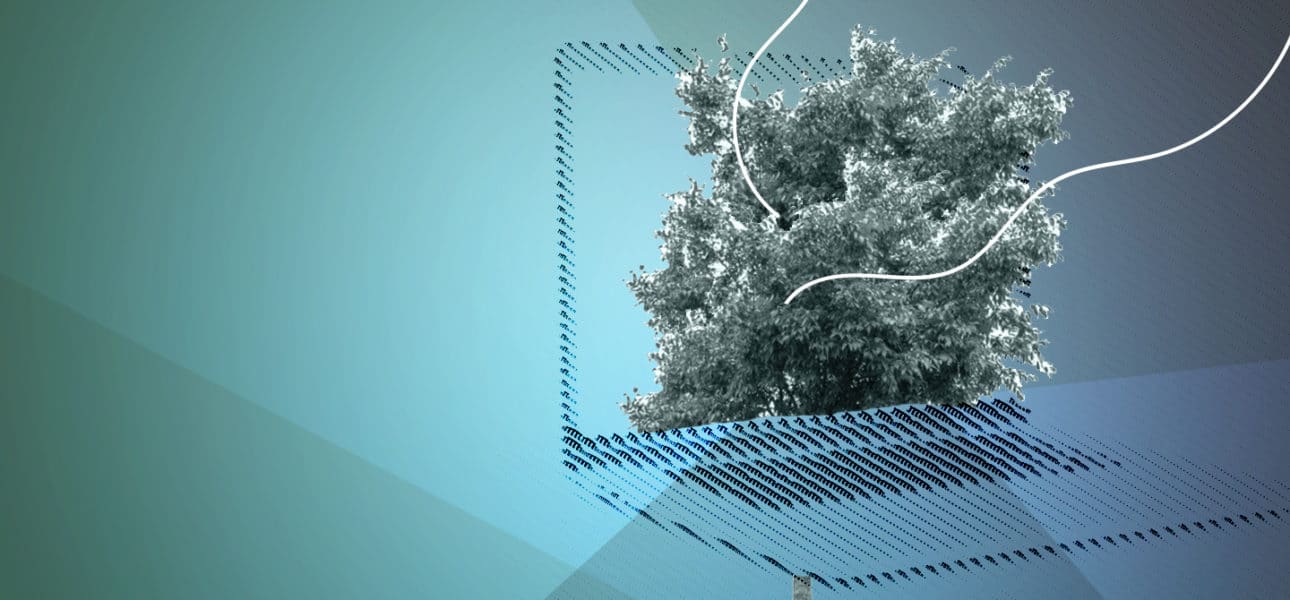Is digital technology an ally of the ecological transition?
For the moment, it is not. People like us in digital lack basic culture on environmental issues. Even if “green IT” is a very promising avenue, which aims to increase the energy and environmental performance of IT systems and networks, there is still a lack of investment. In fact, our solutions often aggravate the problem they are trying to solve. We are developing smartphone applications, increasing sensors, real-time measurements, AI processing and the use of data centers. But no article has proven that these remedies are not worse than the original evil.
The ability of digital technology to connect supply and demand (matching) is often presented as an ecological feature. It allows for the sharing of goods transport, premises, but above all it facilitates carpooling. That said, here too, the effect can be perverse. It has been observed that digital applications have strongly encouraged a modal shift… in the wrong direction! A study by ADEME showed that if carpooling had not existed, 63% of people would have taken the train1, a much more ecological means of transport than the car. This is a typical example of the “rebound effect”: if I buy a hybrid car that consumes less, I will actually tend to drive more, which will cancel out the positive impact.
Yes, paradoxically, 5G is ten times more energy efficient than 4G5.
Overall, innovators who take care of the environment must no longer be heroes. They need to be able to earn a living, and this can be achieved through consumer engagement, but also through a reorientation of public funding. We will have to move from an economy of use to an economy of functionality, which will allow products to be repaired and improved over the long term.
Moreover, some sectors are very involved in the search for ecological solutions, for purely economic reasons. Data centers need to reduce their energy bills, modernise their equipment and make use of waste heat [produced but not used to be profitable]. Other players have also understood that repairability has become a differentiating marketing argument that younger generations are sensitive to. This is the case, for example, with the household appliance brand SEB, which offers repair courses for its appliances and a large number of spare parts for sale.
You said earlier that the general public certainly doesn’t need 5G. Aren’t we finally innovating for the sake of innovating, at the expense of the planet?
The example of 5G is emblematic, because it is the first time that there is doubt – even within the industry6 – about the usefulness of an innovation. The problem is the same as for Big Data: do we really need a connection everywhere and all the time, or so much data collected and processed in real time?
In concrete terms, we need to review our definition of innovation so that it is no longer at the expense of humans and the planet. We are in the process of living through two major revolutions that do not yet intersect sufficiently: the digital transition, which has considerable resources but lacks a goal; and the ecological transition, which has enormous ambitions but few resources. It is high time that the digital transition was put at the service of the environment. Saying that “tomorrow will be more digital” is not a human horizon!
We are moving in this direction. The number of projects aimed at combining digital and ecology is increasing. More than 350 companies have joined the Planet Tech’Care movement, which aims to give them tools to reduce the environmental footprint of digital technology7. In the same way, Reset 20228, a collective action supported by the Fing, starts from the rather gloomy assessment I just made, while showing how we could start from scratch and create a more human and resource-efficient digital world.
Interview by Juliette Parmentier
It is exactly the same rebound effect that will come into play. Despite its technical performance, the business model for the deployment of 5G in France implies mass usage in order for operators to break even. They have made massive investments in networks, antennas and licenses, and they are in a highly competitive market that is squeezing subscription prices. So they are looking to make money by attracting more users – even if 5G is only really relevant for a few industrial or digital players (video games, autonomous cars). They are multiplying their advertisements for the general public, promising them an unlimited and very high speed connection thanks to the bandwidth gain. This will surely result in a shift from ADSL to mobile 5G, which will be better but much more demanding, and require a renewal of the smartphone and terminal fleets. Most of the pollution is done at the time of manufacturing, so this is the opposite message of digital sobriety!
According to the French Senate, the manufacturing of terminals accounts for 70% of the carbon footprint of digital technology in France2http://www.senat.fr/espace_presse/actualites/202006/reduire_lempreinte_environnementale_du_numerique_un_etat_des_lieux_inedit_et_une_feuille_de_route_pour_la_france.html[/pi_note]. The recycling rate is also very low, with 18% of cell phone metals recycled in 20193https://www.insee.fr/fr/statistiques/4238589?sommaire=4238635[/pi_note]. Do we need to reduce the number of devices we use, or are there other solutions?
There is a tendency to make the consumer responsible. But should they bear the burden of correcting all the dysfunctions of the industrial and commercial system, as well as the lack of clarity in policy options?
The solution lies in the repairability of products, and it requires that manufacturers get more involved, by using eco-design and life cycle analysis methods. Digital technology can be a powerful ally in this process. Just look at the changes enabled in the food industry by the Yuka application [which allows consumers to scan food and cosmetic products to analyse their composition], which uses the open source database Open Food Facts. The food industry was surely the least willing to evolve before consumers forced it to do so thanks to Yuka. One could imagine a similar application, designed to evaluate the repairability and lifespan of certain objects. This is well underway in France, with a reparability index coming into effect on January 1st 2021 for a large part of household appliances and electronic products4https://www.ecologie.gouv.fr/indice-reparabilite
↑







